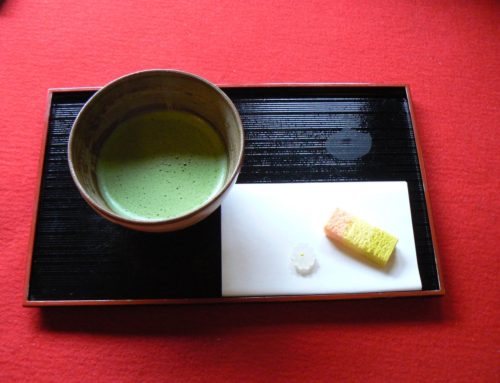When it comes to transitioning, there is one crucial ingredient that needs to be considered at all times. This crucial ingredient is you.
In order to transition successfully, we first of all need to understand ourselves. How we tick. How we dance with reality. How we come to make the decisions we make.
Part of understanding ourselves is knowing our talents. Talents are those things that we are naturally good at. But talents can be tricky. If we are not aware of them, they can – and most definately will – lead us.
Our relationship to our talents can be compared to walking a dog. If you are a dog owner – or have ever had the pleasure of walking a dog – you might already have an idea of what I am talking about. On some days, you will be leading your dog. On other days, it will be your dog who´s leading you!
And this applies to our talents too! On some days, we live them. On other days, they live us.
I once worked with a client who had a very high need for input. They were very inquisitive and loved collecting new information through books and articles. In fact, their office was more like a library. There were books everywhere.
When we started working together, my client had a rough idea of where they were heading. But they had trouble setting their plan “in stone.“ They believed that if they did not know everything that there possibly was to know about a subject, they were in no position to make any decisions.
After a couple of sessions, it became very clear that my client was indeed being lived by their talent “input.“ They were still finding themselves unable to move forward. Instead, they were coming up with more and more ideas. This meant that more and more input was needed. “Enough is enough“ was obviously not part of their vocabulary.
It was at this point that I decided to introduce a smart objective plan. A key element in smart objective planning is deadlines. And deadlines was something that my client had been avoiding. In fact, they had never appeared on their agenda. Now, they were the very tool needed to start the transitioning process.
Once we started working with the smart objective plan and began setting deadlines, my client suddenly found themselves in a new and unfamiliar position. They were able to step back, put all the information they had collected together and move forward!
“Input“ was now being led. Transition was now happening.
Your relationship to your talents is key in moving forward.
When was the last time you checked whether you are leading your talents or whether they are leading you?
photograph: © javier brosch / Fotolia.






